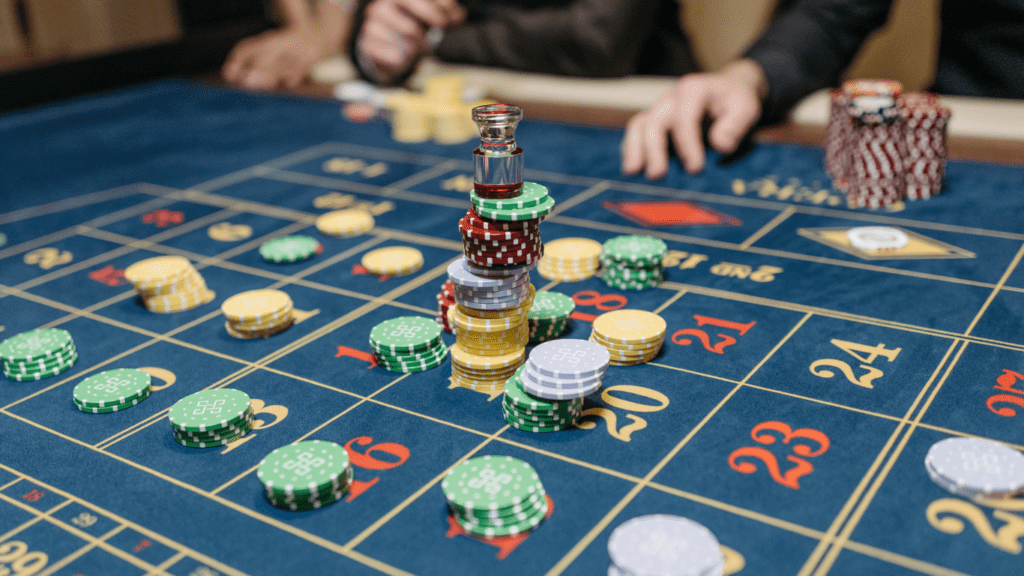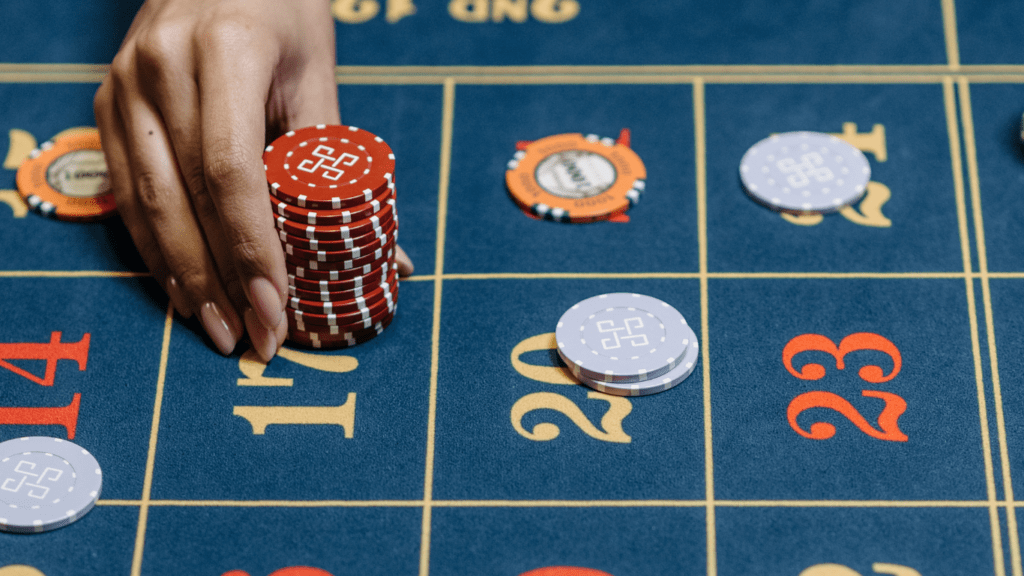Understanding Winning Streaks
Winning streaks in gambling captivate both novice and seasoned gamblers. Their allure often overshadows the underlying reality of probability.
Definition of a Winning Streak
A winning streak occurs when a gambler experiences consecutive wins in a series of games or bets. Each win builds on the previous, creating the illusion of a pattern or trend. Although these sequences grab attention, they don’t increase future winning chances as each game outcome remains independent.
Common Misconceptions
- Many believe in the “hot hand” theory, thinking success in previous games predicts future wins.
- This misconception overlooks the randomness inherent in gambling.
- Another common belief is that winning streaks signify skill rather than luck when probability consistently determines results.
- Such misunderstandings can lead to irrational betting behaviors.
Probability Theory in Gambling
Probability theory offers crucial insights into understanding gambling dynamics. It emphasizes randomness and provides a framework to evaluate the likelihood of different outcomes.
Law of Large Numbers
The Law of Large Numbers states that as the number of trials increases, the average result gets closer to the expected value. In gambling, it’s important to recognize that while short-term winning patterns can mislead, long-term outcomes align with expected probabilities. For example, flipping a fair coin might produce several heads in a row, but over hundreds of flips, heads and tails tend to balance. This concept dismisses the idea that temporary patterns can predict sustained success.
The Gambler’s Fallacy
The Gambler’s Fallacy refers to the erroneous belief that past events can influence future outcomes. It’s common for gamblers to assume that after several losses, a win is “due.” However, this fallacy ignores the independent nature of events in gambling scenarios. In a fair roulette game, a series of black results doesn’t increase the likelihood of the next result being red. Every spin remains an independent event with its inherent probabilities, unaffected by previous outcomes. Understanding this fallacy helps in making rational betting decisions.
Analyzing The Myth of Winning Streaks

The concept of winning streaks captivates many gamblers, but it’s important to understand the psychological and statistical factors that contribute to this perception.
Psychological Influence
Gamblers tend to focus on intensive emotions when winning consecutively, reinforcing the belief in streaks. This belief is closely tied to cognitive biases, particularly the “confirmation bias.” People often seek patterns aligning with their expectations, which can lead to false confidence in predicting future outcomes based on past events. Such psychological tendencies can distort perceptions of luck and skill, often resulting in overconfidence.
Statistical Realities
- Probability theory clearly outlines the independence of each gambling event.
- In typical games, like roulette or dice, each outcome doesn’t influence the next.
- Concepts like the Law of Large Numbers show that while short-term patterns appear, they lack predictive power.
- Large sample sizes help illustrate that any deviations in short-term results tend to average out. For example, even after a series of wins, the chances of the next event remain the same, reinforcing the random nature of gambling outcomes.
- Understanding these statistical realities is crucial to preventing erroneous betting strategies based on temporary patterns.
Impact on Gambling Behavior
Understanding how winning streaks influence gambling behavior helps highlight the misconceptions about luck and probability. These beliefs shape risk-taking tendencies and decision-making processes.
Risk-Taking Tendencies
Gambling behavior often involves increased risk-taking when influenced by the belief in winning streaks. I observe that gamblers may place larger bets or take more significant risks after several wins, assuming they’re in a ‘hot hand’ phase. This belief, however, contradicts probability theory, which maintains that each event is independent. Cognitive biases, like the illusion of control, further fuel risk-taking by making gamblers feel they can influence outcomes, even when rational assessment shows otherwise.
Decision-Making Processes
Decision-making in gambling reflects the impact of the belief in streaks on assessing probabilities. I notice that gamblers frequently rely on past patterns to guide future bets, as though past outcomes predict future events. The decision to continue betting, escalate stakes, or change strategies often stems from perceived patterns rather than logical analysis. In reality, understanding the principles of probability, like the Gambler’s Fallacy and the Law of Large Numbers, is crucial for making more rational and informed decisions that align with mathematical reality, not illusions of patterns.



 Founder of Key Gamble Lucky, Erniest Adkinseler is dedicated to providing in-depth gambling news, debunking common myths, exploring the dynamics between luck and skill-based games, analyzing the psychology of luck, and offering the latest legal updates in the gambling industry. With a deep passion for unraveling the complexities of gambling, Erniest strives to create a platform that educates and empowers players. Through insightful analysis and expert commentary, Erniest aims to equip readers with the knowledge and confidence they need to make informed decisions and navigate the world of gambling more responsibly.
Founder of Key Gamble Lucky, Erniest Adkinseler is dedicated to providing in-depth gambling news, debunking common myths, exploring the dynamics between luck and skill-based games, analyzing the psychology of luck, and offering the latest legal updates in the gambling industry. With a deep passion for unraveling the complexities of gambling, Erniest strives to create a platform that educates and empowers players. Through insightful analysis and expert commentary, Erniest aims to equip readers with the knowledge and confidence they need to make informed decisions and navigate the world of gambling more responsibly.